You can't define what's middle class, what is wealthy, what is poor
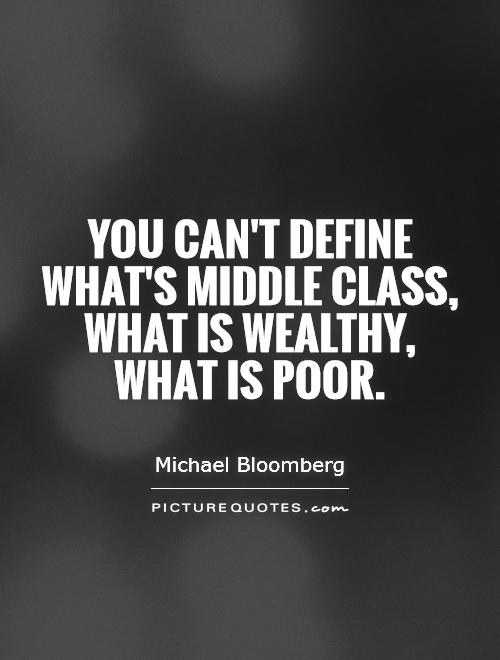
You can't define what's middle class, what is wealthy, what is poor
Michael Bloomberg, the billionaire businessman and former mayor of New York City, has often been at the center of debates about wealth and class in America. As one of the richest individuals in the world, Bloomberg's personal fortune is estimated to be in the tens of billions of dollars. However, his political career and philanthropic efforts have also led to questions about where he fits in the spectrum of wealth and class in American society.One of the key arguments that Bloomberg and his supporters often make is that it is difficult to define what it means to be middle class, wealthy, or poor in today's society. The traditional markers of class, such as income level or occupation, may not accurately capture the complexities of modern life. For example, someone who earns a high salary but lives in an expensive city like New York may still struggle to make ends meet, while someone with a lower income in a more affordable area may have a higher standard of living.
Bloomberg himself has acknowledged this ambiguity, stating in interviews that he considers himself to be "middle class" despite his immense wealth. He has pointed to his humble beginnings as the son of a bookkeeper and his work ethic as evidence that he is not simply a member of the elite class. However, critics have argued that Bloomberg's vast fortune and access to power and influence place him firmly in the ranks of the wealthy, regardless of his personal beliefs.
The debate over Bloomberg's class status is further complicated by his political positions and policies. As mayor of New York City, Bloomberg implemented a number of controversial measures, such as stop-and-frisk policing and restrictions on sugary drinks, that disproportionately affected low-income and minority communities. Critics have accused him of being out of touch with the struggles of the poor and working class, while supporters argue that his policies were well-intentioned efforts to improve public health and safety.
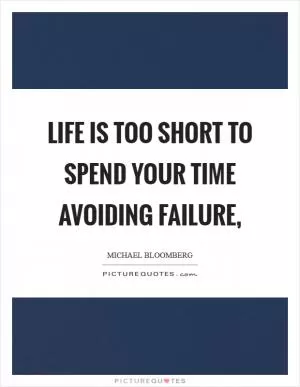
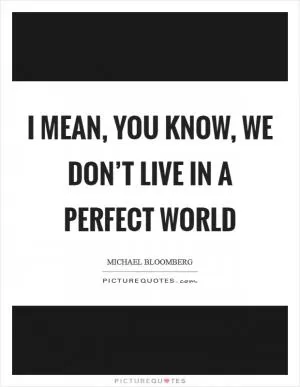
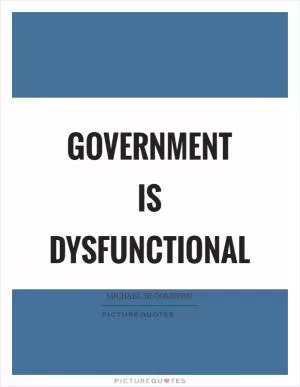
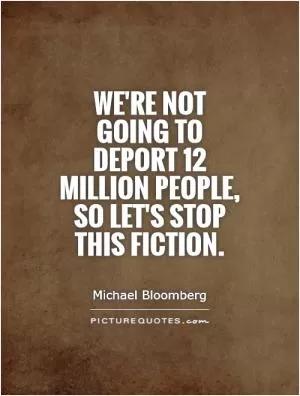
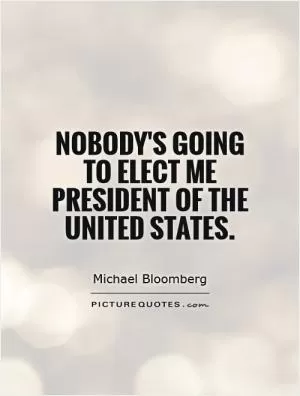

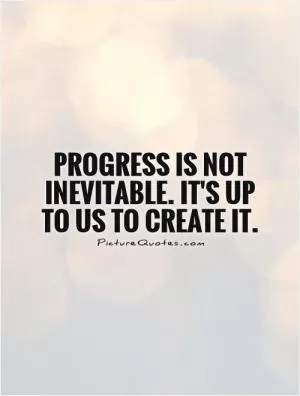

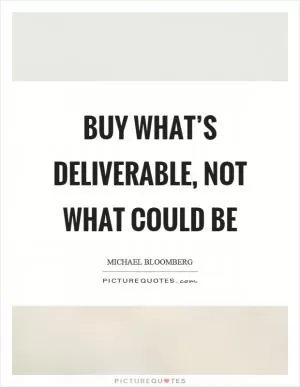

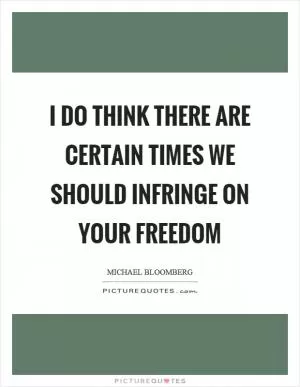
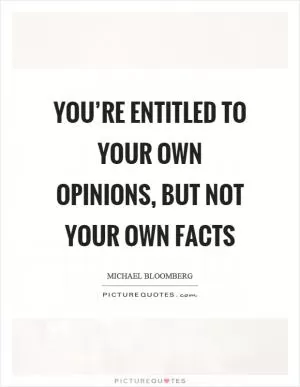
 Friendship Quotes
Friendship Quotes Love Quotes
Love Quotes Life Quotes
Life Quotes Funny Quotes
Funny Quotes Motivational Quotes
Motivational Quotes Inspirational Quotes
Inspirational Quotes